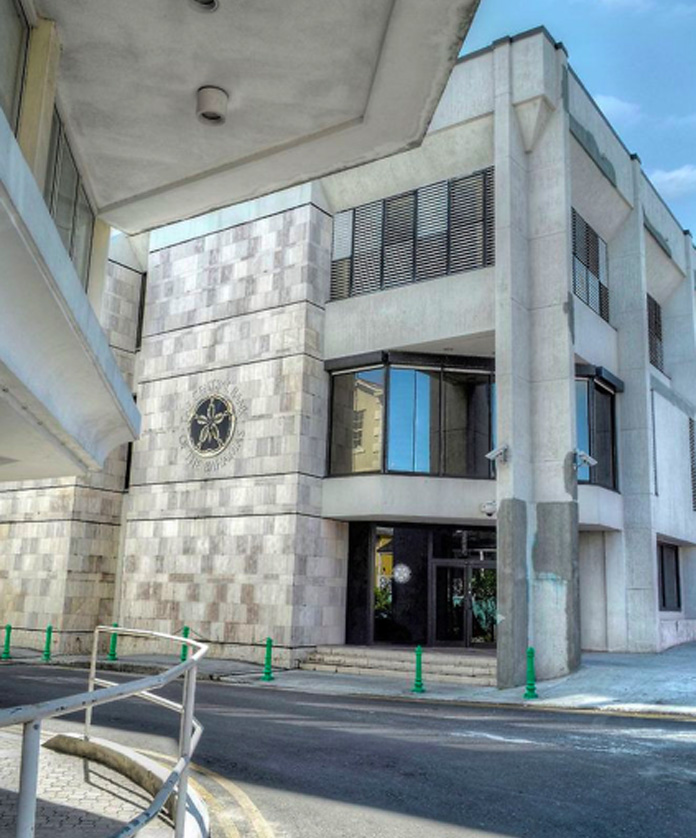Central Bank: No Imminent or Medium-Term Threat of Bahamian Dollar Devaluation


Adequate support and mechanisms remain in place to protect the value of the currency, despite conjectures about the impact of economic growth, fiscal consolidation prospects or governance institutions.
The Bahamian Dollar’s value continues to be supported by the foreign reserve holdings of the Central Bank and the tools at the Bank’s disposal to regulate the demand for foreign exchange. These include the monitoring of the system permitted under the exchange control regime, as well as direct means to ensure that domestic credit expansion does not fuel greater demand for foreign exchange than the system can accommodate.
A predicate to any pressure on the currency is for the foreign reserves to be threatened with depletion. As of today’s date, the Central Bank’s holdings of international reserves are still in excess of $1 billion—well above the international benchmark of 12 weeks of total import cover—which reflects stronger reserves growth in the first half of 2016 than in the corresponding period of 2015. Although the Bank expects the normal seasonal drawdown in reserves over the rest of the year, balances are still expected to settle at a year-end position that are stable to slightly improved, when compared to December 2015.
The Bahamian public continues to have comfortable access to foreign exchange to fund their external transactions. As economic activity fluctuates, such variation is highly correlated with the foreign currency earnings from tourism and other export activities. These in turn, supply the foreign exchange that finances import demand, and alongside the Central Bank’s credit policies, assure that import demand is regulated within levels that are sustainable.
The capacity to further boost the reserves or to support more robust import financing remains contingent on strengthening medium-term growth prospects and, by extension, on the enabling policies that can improve the base of private sector activities. In such a context, the Central Bank’s ability to accommodate even stronger spending on imports would also be enhanced.
The Central Bank will continue to encourage more informed dialogue on the foundations which support the value of the Bahamian dollar, and on the policy considerations that would prompt a review of whether an adjustment in the current fixed exchange rate regime is warranted. In the present circumstances, the Bank remains well equipped to defend the Bahamian dollar and any forced float or devaluation would not benefit the economy. It is well within The Bahamas’ means of being avoided over the medium-term.
20 July 2015







